Partners
Know More



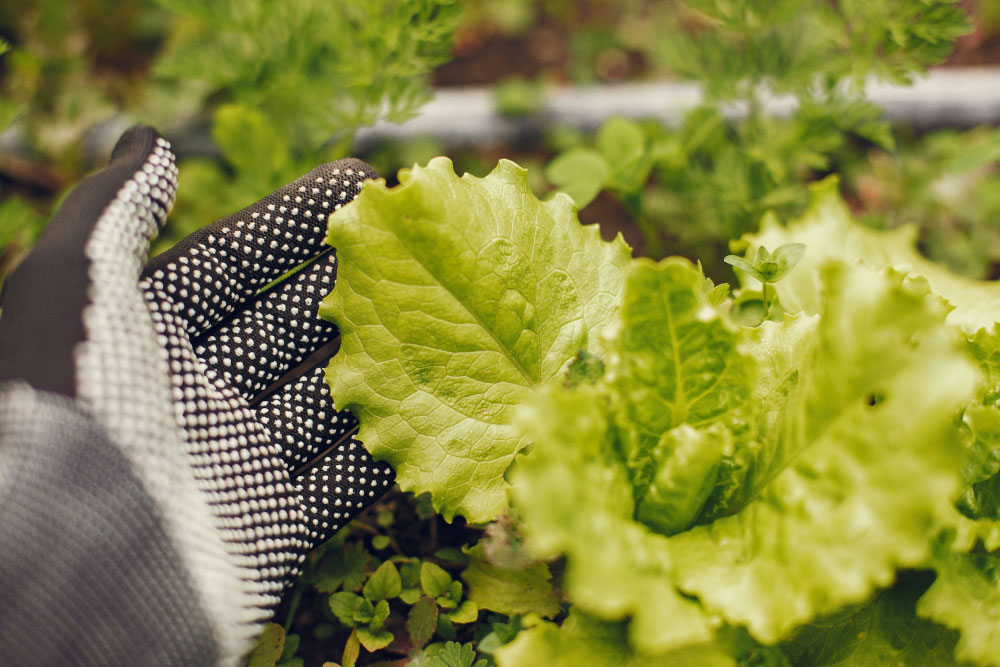
About
LILAS4SOILS addresses the challenging climate situation that affects southern European agricultural soils, particularly in the rapidly warming Mediterranean region. The project focuses on implementing Carbon Farming Practices (CFPs) to promote climate adaptation and mitigation.
Over five years, LILAS4SOILS will develop five Living Labs (LLs) across six countries, involving 24 expert partners, more than 80 farmers and 125 stakeholders. The project will test CFPs on 85-100 demo-sites in diverse farming systems and pedoclimatic zones, focusing on: 1) peatland management, 2) agroforestry, 3) maintaining and enhancing soil organic carbon (SOC), 4) livestock and manure management, and 5) nutrient, pesticides and fertilizers management.
Through collaboration with farmers, researchers, industry and local authorities, LILAS4SOILS aims to accelerate the transition to healthy soils and contribute to standardized Monitoring, Reporting, and Verification (MRV) frameworks for future carbon markets.
Funded by the European Union (Grant no. 101157414), HEU Mission Soils.
Carbon Farming Practices Focus
Know More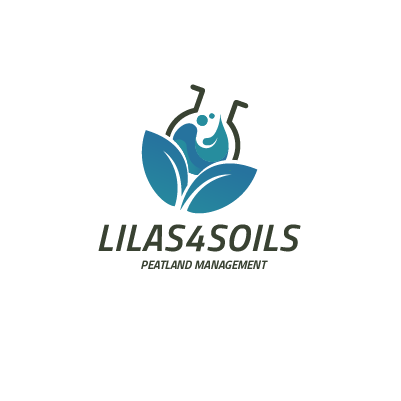
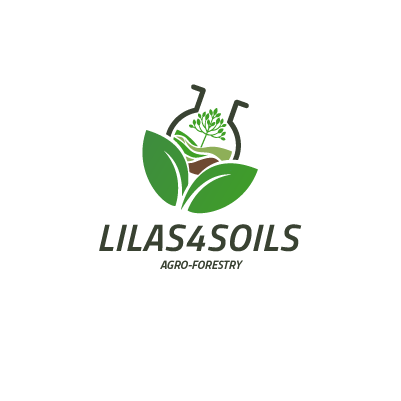

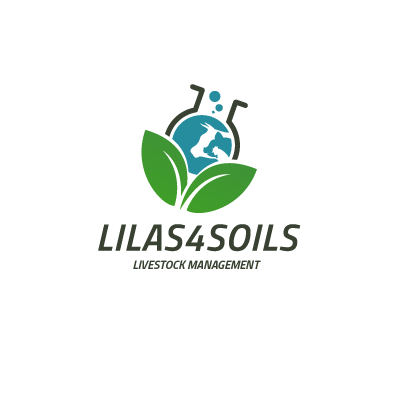
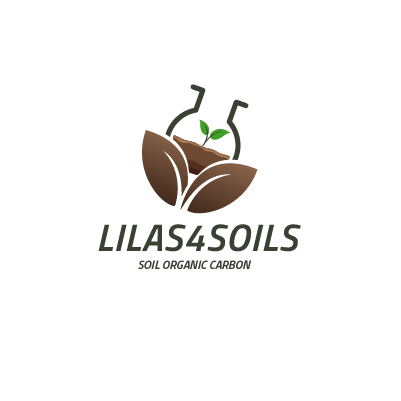
LILAS4SOILS 1st YEAR ANNIVERSARY
ONE YEAR. MANY STORIES | Hear from our stakeholders

































